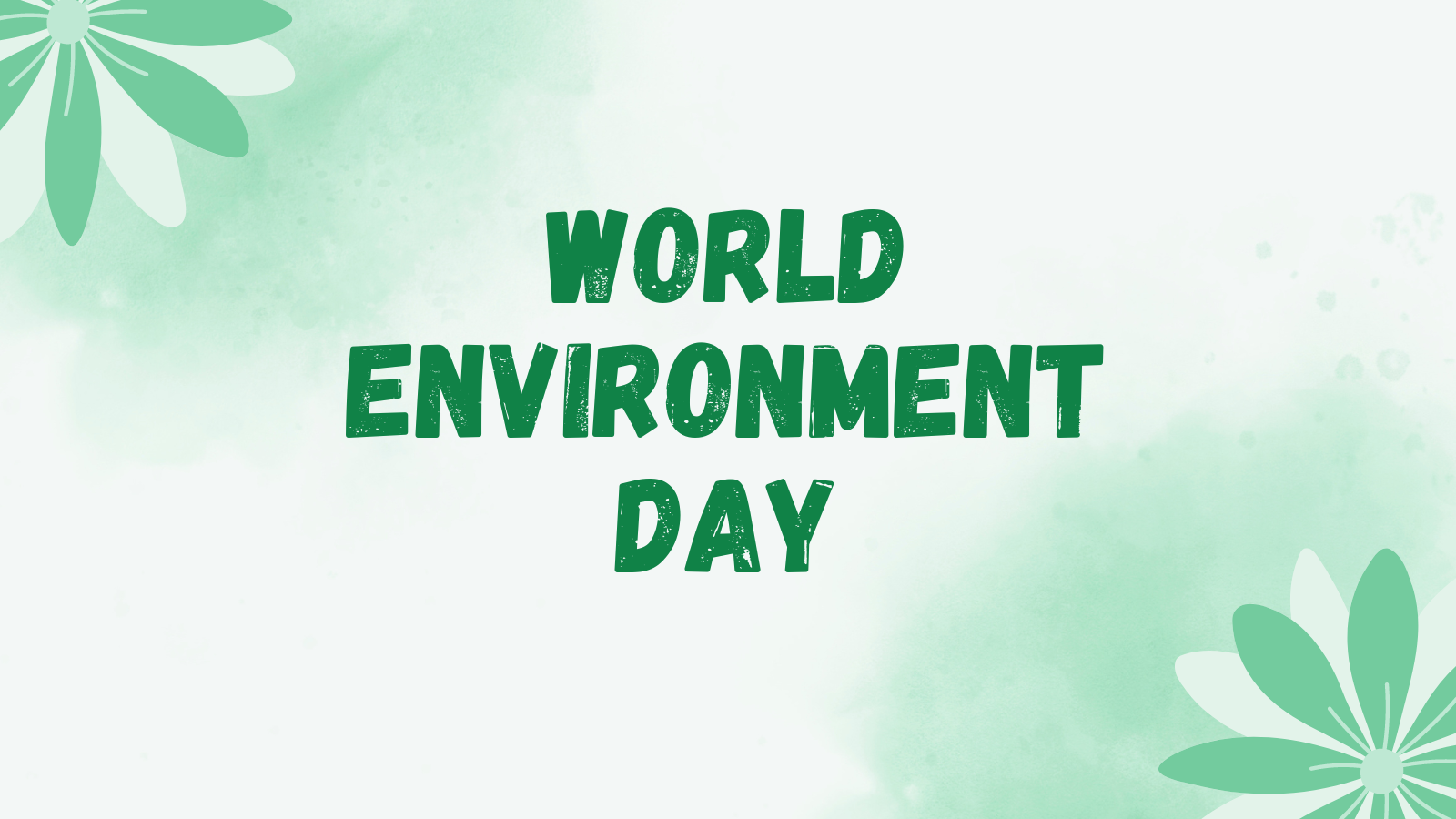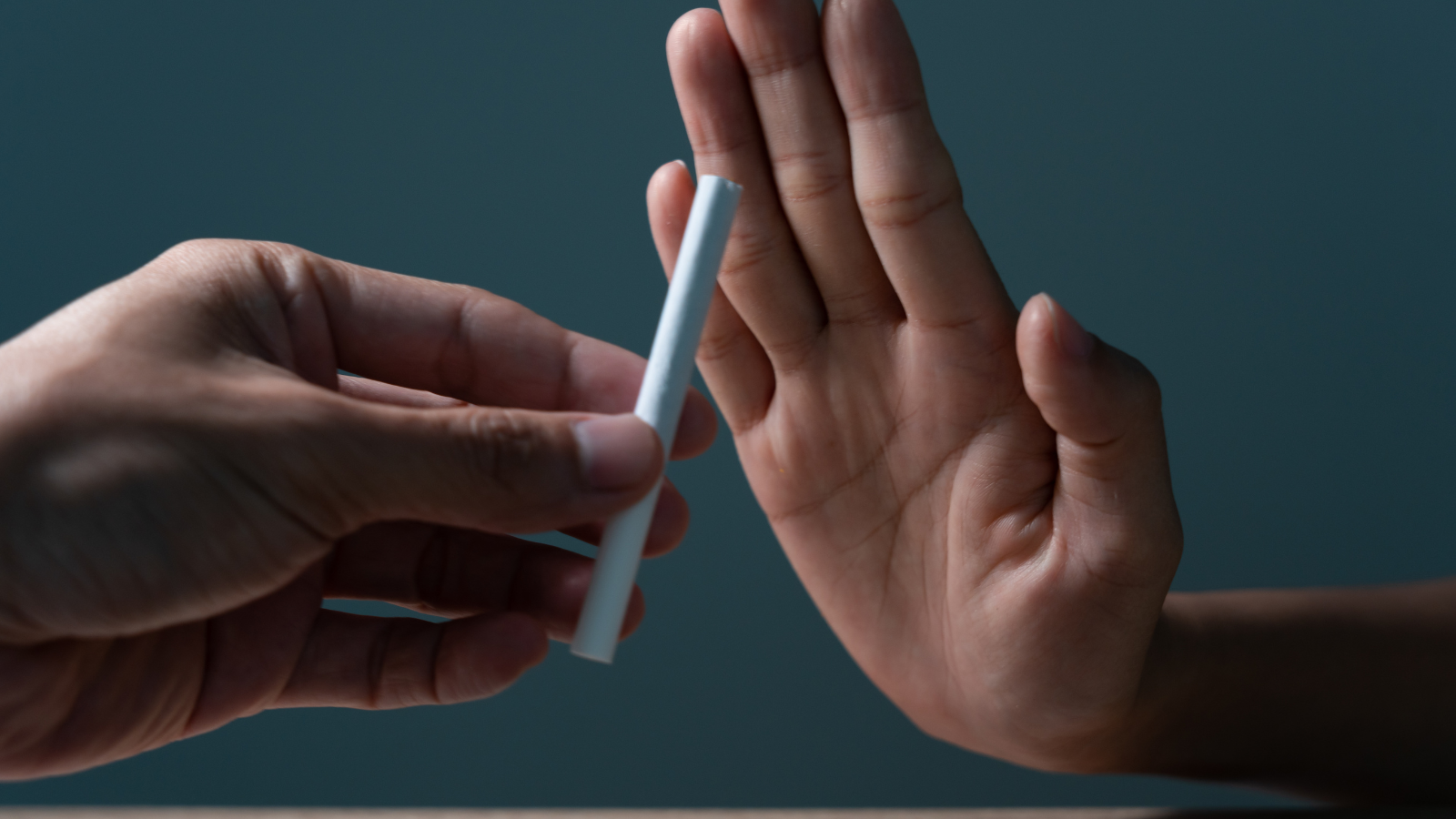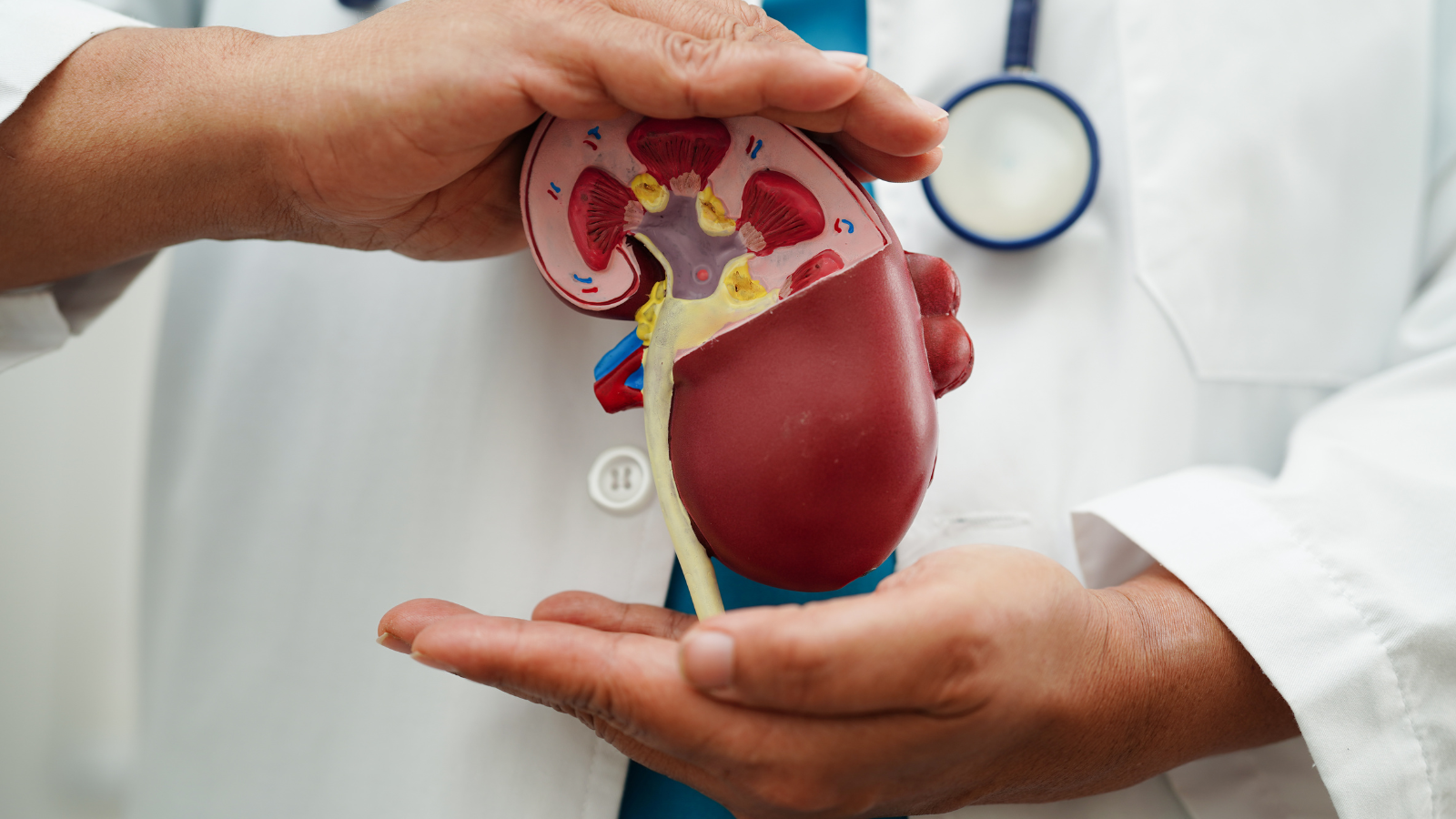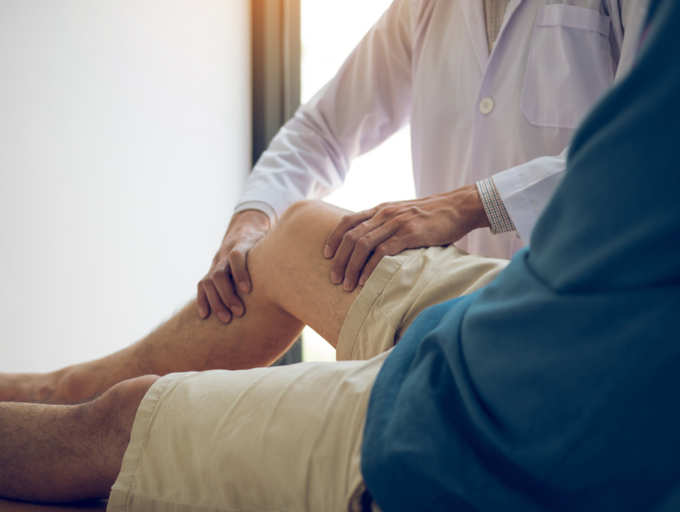Coronavirus: After black fungus, doctors worried about rising bone death cases in COVID-19 patients
Aug 04, 2021
1. Bone death is being reported as a post-COVID symptom
While the second wave of coronavirus has caused rampant devastation, there has also been a rise in the number of post-COVID complications. Mucormycosis (black fungus), new diabetes, blood clots, heart, respiratory and pulmonary complications, and debilitating long COVID care cases have become a cause of concern across the country. Now, doctors have also reported a new challenge inflicting COVID survivors- bone death.
As per reports, doctors based out of Mumbai hospitals have observed a few cases of avascular necrosis (AVN), also commonly known as bone death amongst patients who have recovered from coronavirus. While experts continue to look into the matter, it is being believed to be a post-COVID complication of serious concern.
2. Here is what we know so far
Doctors assert that avascular necrosis, AVM is being currently seen in patients who made a recovery from coronavirus months back, and hence, is speculated to be a classic post-COVID-complication.
At least three confirmed cases of this new health issue have been found so far. All the patients, who were below the age of 40, were doctors, who were diagnosed with bone death after recording severe pain in their femur bone and rushed to treatment. While these are the first cases brought to attention, doctors are now worried that it may be the newest post-COVID implication to watch out for.
A research paper published in the British Medical Journal (BMJ) has also now highlighted avascular necrosis to be a symptom of long COVID.
3. What does avascular necrosis mean?
Avascular necrosis also referred to as the death of bone tissues, is a disease that results from a loss of blood supply to the bone, most typically to the femur or the hip bone. The disruption in blood supply causes the bone tissues to die and collapse, leading to necrosis.
While the recent cases were diagnosed as a case of hip bone tissue death, necrosis could happen to any bone in the body. Although the early stages of the disease are largely symptom-free, it could cause severe pain and problems when weight is put on the affected joint or a person participates in activities that require frequent mobility and physical activity.
Avascular necrosis can be a serious condition as the bone doesn't function properly and leads to the destruction of joints.
4. What is the link between bone death and COVID-19?
Right now, experts are continuing to look into the many implications COVID-19 could cause in the long term, including bone death.
However, the one apparent link which has emerged as the one probable causative factor is the overuse of steroids- which have been used as part of COVID care treatment and have long been debated.
Previously, the indiscriminate use of steroids in homecare/ hospitalized settings was also linked to the unproportional rise in black fungus cases amongst COVID-19 patients.
Medically, avascular necrosis is tied to a higher usage or dependence on high-dose steroids, such as prednisone. While the exact cause is unknown, drugs like steroids, which are used to act down on inflammation caused by the virus can increase the level of lipid levels in the blood, which can reduce blood flow in the body, and cause damage to the vital tissues and organs.
Further evaluations and studies are needed to confirm the same. Yet, with the pace of the second wave slowing down, doctors now worry that the coming weeks will be a critical time since most cases of AVN start to show up months following steroid usage.
5. If you used steroids while recovering from COVID-19, are you at risk?
Steroid usage during COVID-19 treatment has been long debated, and the disproportionate use of the same has been strongly discouraged. While avascular necrosis isn't the only risk tied to excess steroid dependency during COVID-19, doctors do point out some cautionary advice to people who were either hospitalized with COVID and put on steroid treatment.
While it is yet unknown the damage avascular necrosis could cause for a COVID-19 recovered patient, or who is at a higher risk of developing the condition, doctors advise COVID-19 patients who suffer from hip or thigh pain to get an MRI done and consult a doctor for prompt diagnosis.
How is it treated?
As with most conditions, early diagnosis holds key to a good treatment plan. While the current cases of AVN were diagnosed well in time, a typical treatment plan for necrosis of the bone involves the use of physiotherapy, blood thinners, non-steroidal anti-inflammatory drugs to relieve the pain, exercises, and therapies.
Sometimes, surgical intervention to remove the damaged inner layer of the bone and core decompression is also needed.
Disclaimer:
A PHP Error was encountered
Severity: Notice
Message: Undefined offset: 0
Filename: blog/details.php
Line Number: 123
Backtrace:
File: /var/www/html/application/views/blog/details.php
Line: 123
Function: _error_handler
File: /var/www/html/application/third_party/MX/Loader.php
Line: 357
Function: include
File: /var/www/html/application/third_party/MX/Loader.php
Line: 300
Function: _ci_load
File: /var/www/html/application/controllers/Blog.php
Line: 105
Function: view
File: /var/www/html/index.php
Line: 315
Function: require_once
A PHP Error was encountered
Severity: Notice
Message: Undefined offset: 0
Filename: blog/details.php
Line Number: 123
Backtrace:
File: /var/www/html/application/views/blog/details.php
Line: 123
Function: _error_handler
File: /var/www/html/application/third_party/MX/Loader.php
Line: 357
Function: include
File: /var/www/html/application/third_party/MX/Loader.php
Line: 300
Function: _ci_load
File: /var/www/html/application/controllers/Blog.php
Line: 105
Function: view
File: /var/www/html/index.php
Line: 315
Function: require_once
Recent Post

The Sweet Benefits of Chocolate: A Delicious Path to Better Health

Skincare Tips for the Monsoon Season

Celebrating International Yoga Day: Embrace the Health Benefits of Yoga

Healthy and Refreshing Summer Recipes

Celebrating World Environment Day: A Call to Action for a Greener Future
_CAT_1717066221.png)
Staying Hydrated in the Summer: Essential Tips for Beating the Heat

Living Tobacco-Free: Your Journey to Health and Wellness

Tailored Exercise Routines for Achieving Your Fitness Goals

Unveiling the Healing Power of Mindfulness Meditation: How It Transforms Mental Health

Managing Chronic Conditions: How Pharmacists Can Support Patients with Diabetes, Hypertension, and more

